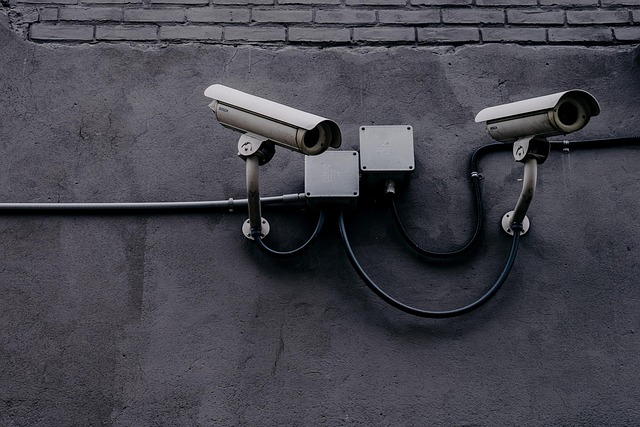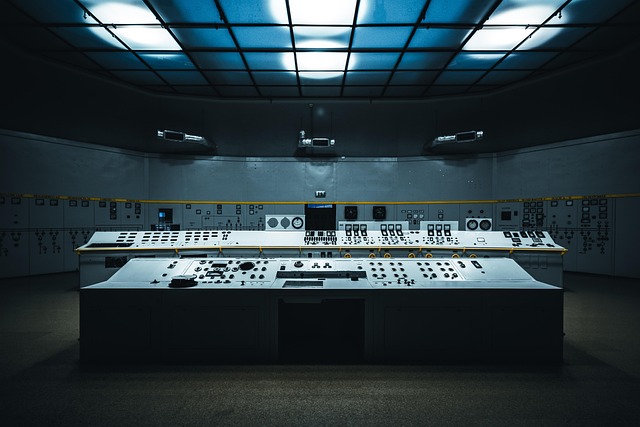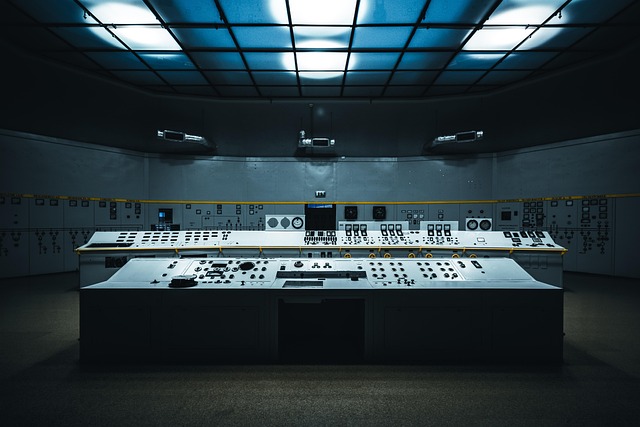In the rapidly evolving landscape of modern business, intelligent control systems have emerged as a game-changer, fundamentally altering how industries operate and interact with their environment. These systems leverage the combined prowess of robotics and artificial intelligence (AI) to create a synergy that not only optimizes processes but also fosters deeper connections between businesses and their stakeholders.
Robotics, once a field relegated to science fiction, is now interwoven into the fabric of various industries. From manufacturing to logistics, these machines are designed to perform tasks that range from mundane to complex. But it’s the incorporation of intelligent control systems that truly elevates the role of robotics. These systems enable machines to adapt and learn from their surroundings, allowing for increased efficiency and reduced human error. Picture a warehouse where robots communicate in real-time with inventory management systems, dynamically adjusting their operations based on stock levels or demand forecasts. This kind of responsiveness not only enhances productivity but also allows businesses to be more agile in a competitive market.
At the heart of these intelligent systems lies artificial intelligence. AI-powered algorithms analyze vast amounts of data, extracting valuable insights that guide decision-making. Imagine a retail environment where AI anticipates consumer behavior, managing stock levels and offering personalized recommendations to customers. By integrating AI with intelligent control systems, businesses create an experience that feels tailored to individual needs, fostering loyalty and improving customer satisfaction. It’s this blend of technology and human-centric design that resonates deeply with today’s consumers, who seek both efficiency and engagement.
Moreover, the automatisation of business processes through intelligent control systems is not just about replacing human labor; it is about enhancing capabilities. Businesses can allocate their human resources towards high-value tasks that require emotional intelligence, creativity, and problem-solving, while routine or dangerous tasks are delegated to machines. This trend not only promotes safety in hazardous environments but also empowers employees to focus on innovation and growth, creating a fulfilling work atmosphere.
As we delve deeper into this era of intelligent control systems, it’s important to recognize the ethical implications of automation and AI integration. Ensuring that technology complements human efforts instead of undermining them is crucial. Companies must advocate for transparency in AI algorithms and remain vigilant against bias that can manifest in automated systems. By addressing these challenges head-on, businesses can cultivate trust with their employees and customers alike.
The advent of intelligent control systems signals a transformative period in business operations, fostering a new way of interaction not just between machines and humans, but more poignantly, between businesses and society at large. As we embrace these technologies, we must keep the conversation alive on their impact, ensuring they serve to elevate the human experience instead of replace it.




